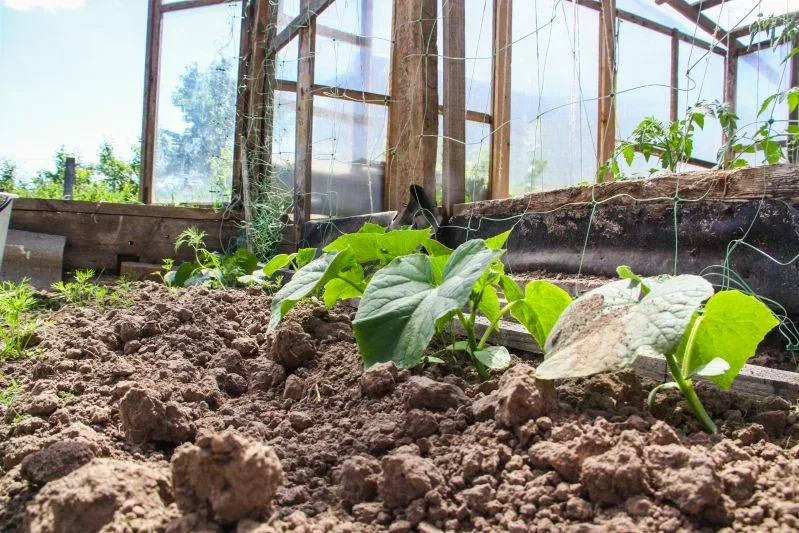Is there a difference between compost and humus: advice for beginning gardeners
When reading recommendations for improving the fertile soil layer, gardeners often come across advice to add compost or humus.
Organic fertilizers are very similar and some people think that they are the same additive, but called differently. In fact, they are different fertilizers.
Anastasia Kovrizhnykh, an expert of the online publication "BelNovosti", a scientist, agronomist, landscape designer, explained the difference between compost and humus.
What is humus?
In short and simple terms, it is well-rotted manure that turns into a loose mass resembling well-fertilized soil.
This is a good and fertile soil that can be applied as fertilizer to the beds or as mulch.

Humus does not contain much nitrogen, and all the nutrients it contains are absorbed by plants without any particular difficulty.
But there's one catch.
Due to long-term processing or storage, humus loses some of its nutrients, a significant portion of which is up to 30-50%.
What is compost
This is the same fertilizer that any gardener can prepare from weeds and plant residues after the decomposition of organic matter.
In a compost pit or heap, vegetation is placed together with layers of soil. Mineral fertilizers are often added.
As a result, everything turns into a homogeneous and loose mass.
If everything is done correctly, you can get a fertilizer with the prefix “bio”, which is not only environmentally friendly, but also contains beneficial soil microflora.
Compost replenishes nutrient deficiencies and can heal the soil in your garden.
